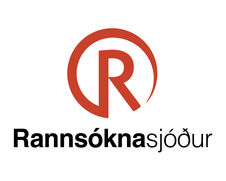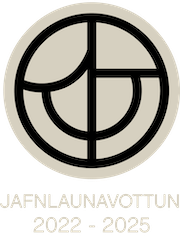Recombinant BCG expressing Pasteurella antigens - verkefni lokið
Fréttatilkynning verkefnisstjóra
The aim of the project was to develop a recombinant vaccine delivery system, capable of inducing protective immune responses against Pasteurella bacteria in sheep.

Heiti verkefnis: Recombinant
BCG expressing Pasteurella antigens
Verkefnisstjóri: Þorbjörg Einarsdóttir, Tilraunastöð Háskóla Íslands
í meinafræði, Keldum Tegund styrks: Rannsóknarstöðustyrkur
Styrktímabil: 2015-2016
Fjárhæð styrks: 16,8 millj. kr. alls
Tilvísunarnúmer Rannís: 152411
We chose two Pasteurella toxin genes, lktA and toxA, as the vaccine targets, based on their wide distribution and conservation in ovine isolates in Iceland. The toxins are believed to be the main virulence factors of the bacteria, although limited work has been done with the toxins in sheep. Instead, the focus has generally been on more economically important species, such as cattle, pigs and birds, as well as murine models.
While generation of recombinant vaccines and mutagenesis to remove potentially toxic sequences went well, we were not able to demonstrate toxicity of wild-type toxins in ovine cell cultures. This indicates that while the proteins are toxic in other species, the damage may be limited in sheep and that the choice of vaccine candidate must be reconsidered if the work is continued. However, we have learnt much about the Icelandic Pasteurella bacteria, their distribution and possible improvements to existing Pasteurella vaccines. Furthermore, the recombinant vaccine delivery system and all necessary elements needed to generate new vaccine candidates are available for vaccine development against other infectious agents and if promising new Pasteurella vaccine candidates are found.
The work has resulted in one published paper, and two manuscripts are being prepared.


